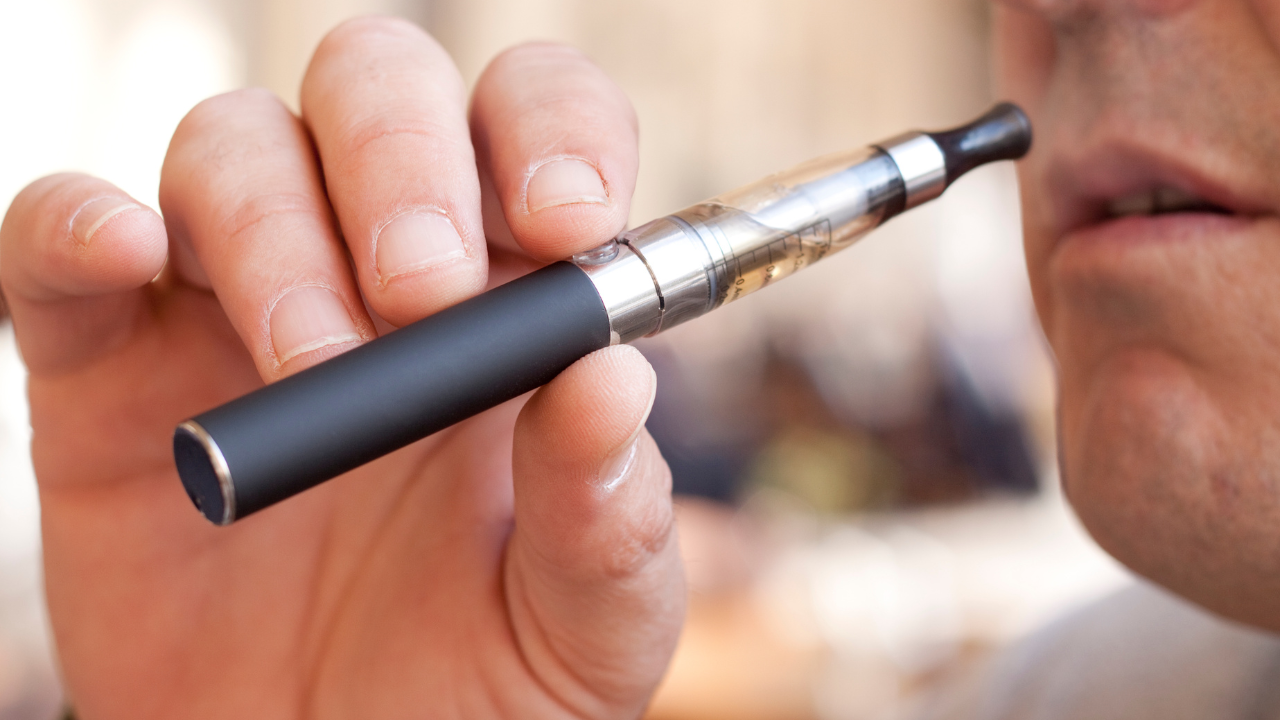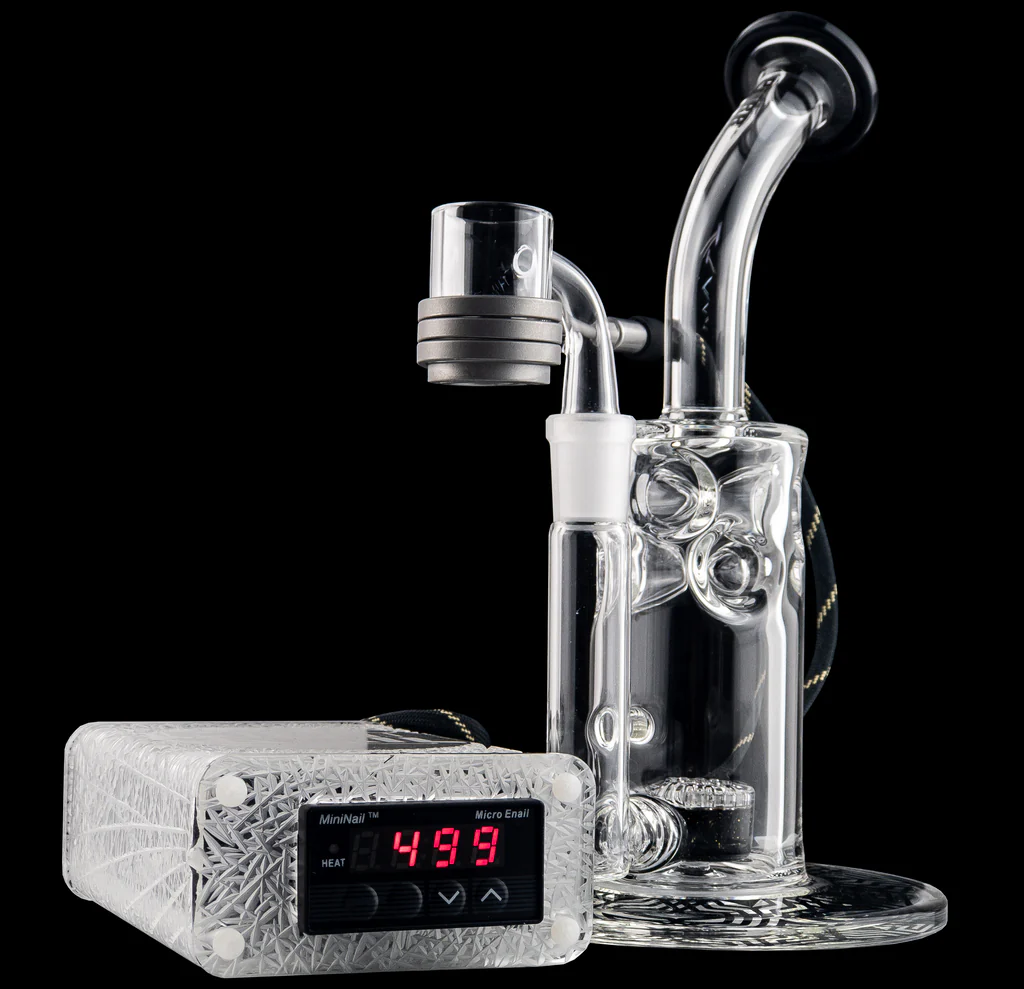Refilling your butane lighter might seem intimidating initially, but it becomes a quick and straightforward task with the right guidance. Whether you own an electric butane lighter, a torch lighter, or a butane torch, the refilling steps are universal. In this guide, we will walk you through purging your lighter, injecting the butane, and testing the flame to ensure your blow torch is fully refilled and ready for use.
Our detailed instructions and handy tips will help you master the refilling process in no time. Additionally, we will provide a list of necessary items and critical safety precautions to ensure your safety during the procedure. So, let's dive into refilling your lighter and enjoying a dependable flame for all your lighting needs.
What You’ll Need
- Butane refill can
- Screwdriver (if required)
- Lighter (to purge any remaining gas)
- Paper towel or drop cloth
Safety Precautions
Refilling your butane lighter safely and efficiently requires attention to several important safety tips:
Work in a well-ventilated area: Ensure you are in a space with good airflow when purging and refilling your lighter. Proper ventilation helps prevent any residual butane from irritating your eyes and skin. If possible, work outdoors or near an open window or fan.
Use a flat & sturdy surface: Utilize a clean and stable surface such as a desk or countertop for refilling your lighter. This will help prevent any butane from spilling onto your workspace. If working outdoors, ensure the surface is clean and dry to avoid contaminants entering your lighter.
Allow the lighter to cool completely: Before refilling, ensure your lighter has cooled down entirely. Since butane is highly flammable, it is crucial to wait at least 5 minutes after use before refilling. You can also place your lighter in the refrigerator for 5 minutes to accelerate the cooling process.
Turn the flame adjuster knob to the lowest setting: To minimize air entry into the tank, use a small screwdriver to turn the flame adjuster knob clockwise as far as it will go. This will tighten the refilling opening, helping to reduce the amount of air in the tank.
By following these steps and precautions, you can safely and efficiently refill your butane lighter, ensuring a reliable flame for all your lighting needs.
How to Fill a Butane Lighter
- Release Residual Gas: To start, ensure you are holding the lighter away from your face. Use the end of a screwdriver to press down on the refilling valve. This action will release any remaining air or gas, which could otherwise inhibit the butane from entering the lighter and potentially damage it.
- Invert the Lighter: Always position the lighter upside down during the refilling process. This prevents air from being accidentally injected into the lighter, which could dilute the fuel and cause malfunction.
- Prepare the Butane Canister: Shake the butane refill canister 5 or 6 times to mix its contents. The butane tends to settle at the bottom of the can, so shaking it ensures a proper mix of butane and propellant.
- Insert the Butane Canister Stem: With the lighter still upside down, insert the stem of the butane canister into the lighter’s refill valve. Ensure the stem fits snugly over the valve to prevent leaks.
- Inject Butane in Controlled Bursts: Press the stem of the butane canister into the valve in short, 3-second bursts. This method helps to avoid overfilling and ensures a proper injection of butane. Refrain from applying excessive force.
- Adjust Flame Height: After refilling, use your screwdriver to adjust the flame height to your preference. Allow the butane to stabilize and reach room temperature, which takes about 5 minutes, before testing the lighter.
By meticulously following these steps, you can safely and effectively refill your butane lighter, ensuring a consistent and reliable flame.
Butane Lighter Troubleshooting Guide
You've refilled your butane lighter, but there's no flame. Here are some quick troubleshooting tips to help you out:
Flame Too Low: Have you checked the flame setting? Turn the adjustment screw or lever counterclockwise to increase the flame height.
Burner Debris: Clean the burner area gently with a soft brush or use compressed air to remove any dust or debris.
Butane Quality: Using low-quality butane can clog your lighter. Always opt for triple-refined, premium-quality butane for optimal performance.
Insufficient Gas Release: If there was too much gas remaining in the reservoir, you might not have added enough butane. Try pressing the refill valve to release any trapped air, then add more butane fuel.
Purge and Refill: Sometimes, air trapped in the fuel tank can cause issues. Purging the tank and refilling it might resolve the problem.
Consult the Manufacturer's Instructions: Each model may have specific troubleshooting methods. Refer to the user manual for detailed guidance.
Seek Professional Assistance: If you encounter persistent issues or are unsure about fixing the lighter yourself, seeking professional help is advisable.
Regular Maintenance Tips
- Clean the Nozzle: Regularly clean the torch nozzle to prevent clogging. Use a soft-bristled brush or compressed air for this task.
- Proper Storage: Store your butane torch in a cool, dry place away from direct sunlight. Extreme temperatures can affect both the butane and the torch's functionality.
- Check Flame Adjustment: Regularly inspect and adjust the flame control mechanism to ensure it operates smoothly.
- Replace Worn Parts: Components like O-rings or seals may wear out over time. Replacing them is crucial to prevent leaks.
Conclusion
Once you master refilling your butane torch lighter, you can enjoy your cigars without interruption. If you're a cigar enthusiast and don't yet own a high-quality butane torch lighter, now is the time to get one.



